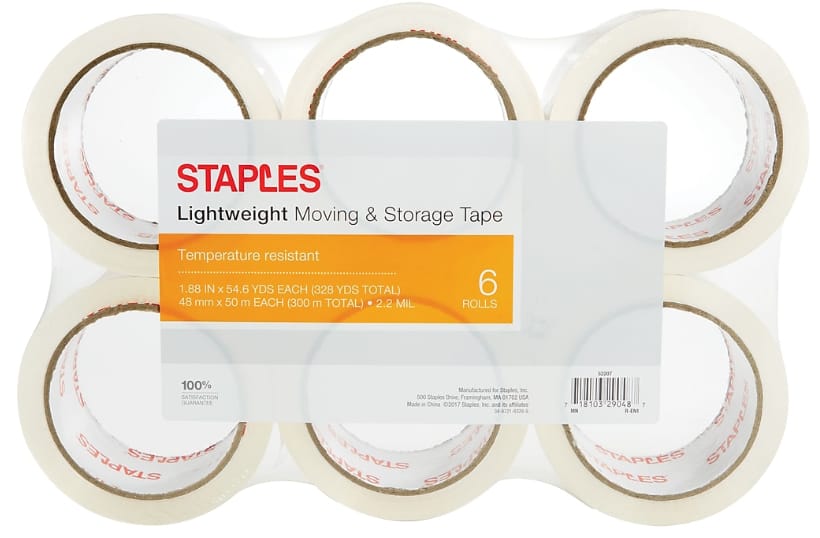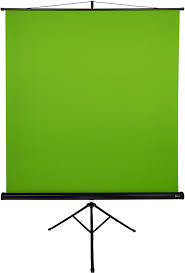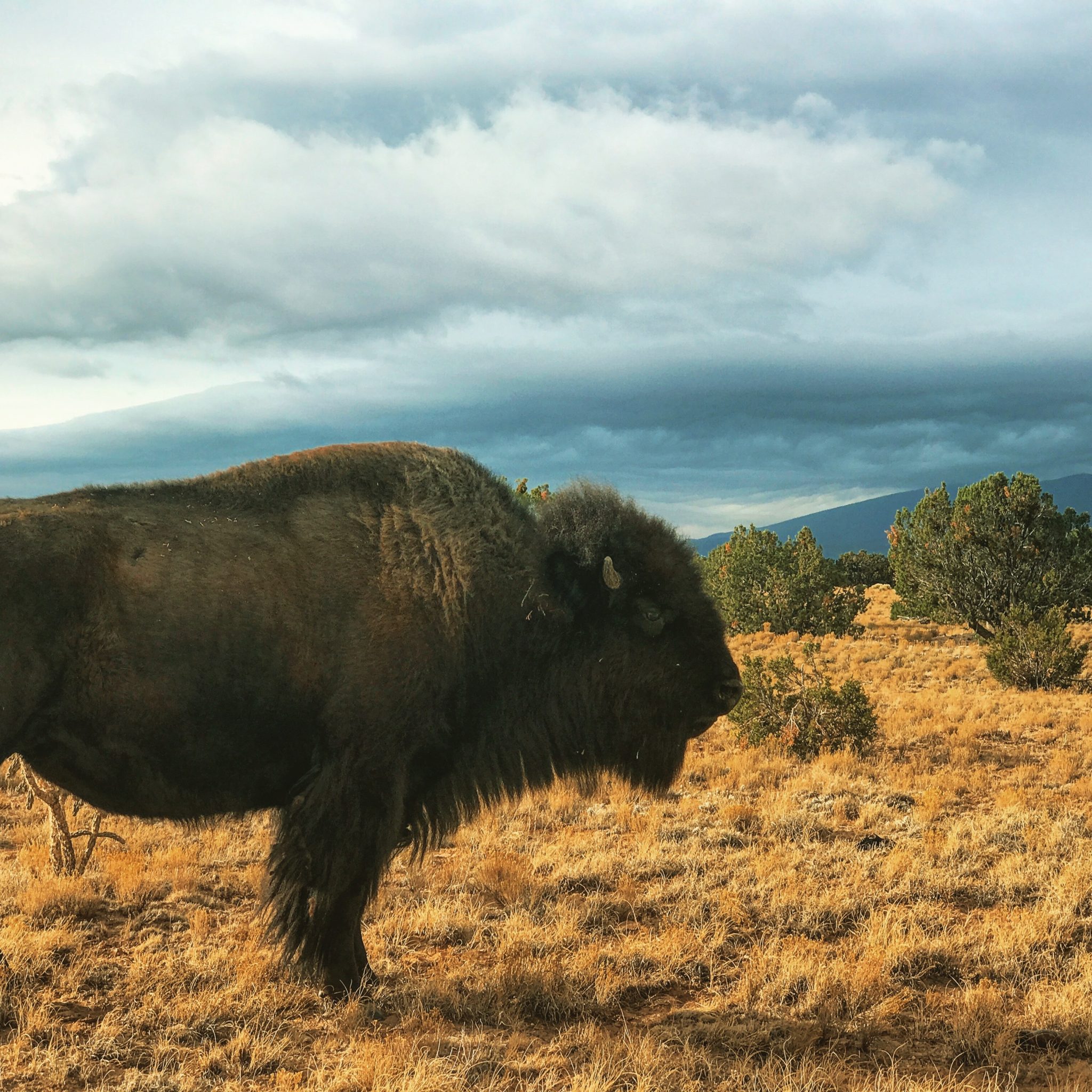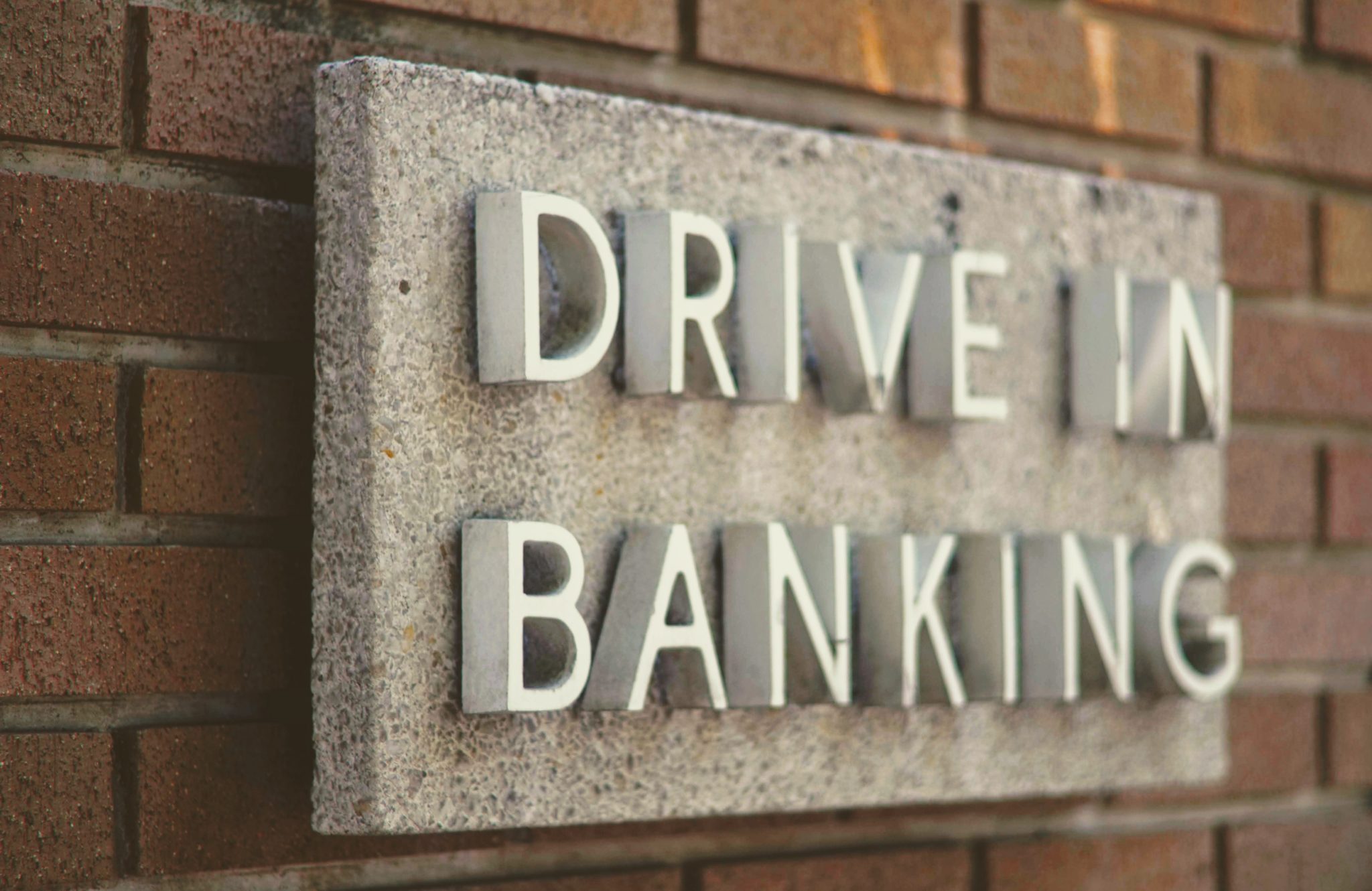Want to put your editing skills to the test and help put a stop to the big banks? Just take the video below, add whatever you want, and the best submissions will be featured here and at breakupthebigbanks.com. Got something to say? Say it! It could be funny, serious, romantic, whatever. Go to town, and make this video a tool to get people to move their money.
Small Business Lending from Big Banks
Stacy Mitchell, senior researcher for the New Rules Project’s Community Banking Initiative, explains that the big banks constrict credit for small businesses while community banks do disproportionately more small businesses lending, and what to do to allow them to get the economy moving again.
Why is it that community banks do so much more small business lending than their big competitors? One reason is that big banks rely on computer models to determine whether to make a loan. Because the local market conditions and the circumstances surrounding each borrower and his or her enterprise are so incredibly varied, this standardized approach does not work very well when it comes to understanding the nuances of risk associated with a particular small business.
By drawing on qualitative information – getting to know the borrower, learning about the business, and understanding the local market – small banks can better assess risk and successfully make loans to a wider group of small businesses.
How much community banks lend to small businesses? See the charts below:


Banking Kindred Spirits
 Rev. Mario Howell, speaking as part of People Improving Communities through Organizing, led a prayer scolding Bank of America for the way they treat their customers. “We don’t want just one or two to get modifications,” he said, “we want everybody to get a modification! We want everybody to get a new loan! We want everybody to stay in their home!”
Rev. Mario Howell, speaking as part of People Improving Communities through Organizing, led a prayer scolding Bank of America for the way they treat their customers. “We don’t want just one or two to get modifications,” he said, “we want everybody to get a modification! We want everybody to get a new loan! We want everybody to stay in their home!”
PICO is calling its 1,000+ member congregations around the country to take their money out of Bank of America.
————
The Claim Your Change campaign offers another reason to move your money: to save the environment. Big banks take the money you deposit and use it to lend to huge multi-national organizations who are rarely concerned about their impact on the land and local economy. And because of the way the banking system works, for every dollar that you deposit into a bank they can lend ten. So moving $100 to a community bank or credit union takes $1,000 out of the big banks’ ability to fund things like hazardous coal power plans, and puts that money back into your local community. Watch the video:
FINANCIAL LITERACY MONTH
April is official Financial Literacy Month in the United States. In observance, we want to encourage everybody to take control of their finances by opening an account at a local community bank or credit union. Not only will you be treated like an actual human being instead of a number, but you will probably pay fewer fees and have the knowledge that your money is staying in you own community instead of going to fund Wall Street bonuses. If you are a teenager, and want to earn money you can also open an account.
Fred R. Becker Jr., President of the National Association of Federal Credit Unions, agrees that moving your money is a great way to be proactive about your finances. He especially encourages people to look into moving their money to a credit union.
Today is both the beginning of Financial Literacy Month and April Fool’s Day. Coincidentally, I thought it was the perfect time to help folks get smart about their financial choices and revisit the Move Your Money campaign. When it was launched, it ignited a firestorm among many who sought better service, products and rates from local financial institutions like credit unions.
It is with good reason that credit unions remain an oasis for many in our challenging economic times. Earlier this year, Forrester Research released the findings of its seventh annual customer advocacy rankings, which placed credit unions at the top tier of rated firms. Forrester’s yardstick for customer advocacy – the perception by customers that a firm does what’s best for them, not just what’s best for its own bottom line – mirrors the core principles of credit unions, which are member-owned, not-for-profit financial institutions. The survey also found that the largest U.S. banks dominate the bottom of the rankings.
NEW MEXICO TO MOVE ITS MONEY
Legislators can move more than their money — they can put their tax revenues into small banks and credit unions, too. It empowers the local economy and puts a real confidence in community businesses. Arthur Delaney reports for the Huffington Post that Brian Egolf, a state representative in New Mexico has proposed that his state move its money to community banks or credit unions. He said the Move Your Money effort “made a lot of sense.”
Egolf said the account, which is essentially the state’s checking account, holds $1.4 billion and is managed by Bank of America. Egolf’s bill directs state officials to study the feasibility of dividing up the account and distributing it between community banks and credit unions throughout the state. He said he discussed the measure with Gov. Bill Richardson (D) for an hour on Thursday, and that the governor supported the measure.
Egolf said moving state funds into local banks or credit unions would benefit the New Mexico economy by freeing up local credit. “The potential size and impact of moving this money is monumental. The biggest bank in the state right now has $2 billion in assets.”
According to the SFReeper.com, the proposal is attracting fans. Dozens of New Mexicans have taken to the state Capitol to show their support
The First 90 Days
It’s hard to believe, but the Move Your Money campaign was started just over three months ago. That means that starting April 1, banks will begin reporting their first-quarter operating deposits to the FDIC. In other words, we’ll soon be able to see, in dollars and cents, how much of an impact the Move Your Money project is having. Unfortunately, those reports will be trickling in for the next 30 days, so we’ll still have to wait a bit longer.
In the meantime, though, we can look to whether or not the campaign has affected specific banks. Dennis Santiago tells us about Mechanics Bank, based out of Richmond, Calif., which usually has a hard time attracting new customers. In the last few months, though, they have opened hundreds of new accounts thanks to our movement.

…imagine Mechanic’s bank surprise when in the first week of January 2010 their branches in Oakland, Kensington, and El Cerrito reported that they experienced a six-fold jump in new account openings. Mr. Butler had no idea where it was coming from until the Oakland branch reported that people were streaming in because of something called Move Your Money they’d seen on the Huffington Post. Over the next 90 days, Rauly estimates that Mechanics Bank picked up between 600 to 800 new accounts in their markets directly attributable to Move Your Money. He estimates it’s added between $5M to $6M in new core deposits to their retail banking business. More to the point of running their business, Mr. Butler says being a bank good enough to make the MYM zip code list is 5 to 10 times more effective than anything he can yield from their traditional marketing avenues.
What a windfall! All they needed to do was operate a bank using safe and sound principles. The IRA analysis engine objectively computes the rest. Mr. Butler did note this apparent windfall to this boss Steven K. Buster, the President, and CEO of Mechanics Bank. Rauly paraphrases that Mr. Buster noted that Mechanics Bank paid for this by doing it right, by foregoing the things that got other banks in trouble, by looking like lesser performers when other raked it in, and now they are seeing the reward of doing their job. Hooyah!
Mechanics Bank isn’t alone. All of the CEOs at a recent community banking conference were not only aware of the Move Your Money effort – they were excited about it.
THE BIG BANKS’ PR PROBLEM
The New York Times’s Andrew Ross Sorkin has an article about the image problems that the big banks are facing right now. He asks whether it is a temporary problem or something much worse, and looks to the Move Your Money project as a sign that, for the big banks, things are serious.
And the public outrage so far doesn’t seem to have dented business, except around the edges. But it soon may.
Several private equity and hedge fund units within firms like Goldman and JPMorgan have slowed efforts to raise capital until more clarity emerges about proposed regulations like the so-called Volcker Rule, which would forcibly separate those businesses from their firms. Bank of America, trying to score some points with customers, announced a plan to eliminate overdraft fees, a move that will likely cost the firm tens of millions of dollars in annual revenue.
Arianna Huffington of The Huffington Post recently helped start a campaign called “Move Your Money” to persuade the public and businesses to transfer their money from big banks like Bank of America and JPMorgan to community banks. So far, it seems to be working, at least in small numbers: the City Council of Los Angeles recently approved a bill that requires banks to reinvest in the community.
How to Find a Bank or a Credit Union

FIND A BANK/CREDIT UNION
Not all community banks or credit unions are risk-free. Some of them got involved in the same risky behavior that took down some of the biggest banks. There are a few different ways to search for community banks and credit unions in your area, and most of them use slightly different rating systems. We wanted to give you as many options as possible.
OPTION ONE:
The good folks at HelloWallet have donated this tool to search for sound and local banks and credit unions. Just put your zip code in the box below, select if you’d like to search for banks, credit unions or both, and click Submit to get a list and map of institutions near your
OPTION TWO:
BANKS
Thanks to the volunteer services of an independent bank rating firm called Institutional Risk Analytics (IRA), you can get a listing of the most sound community banks near you. IRA lists only banks that, according to its rating system, which is based on government data, get a grade of “B” or better. Enter your zip code below to find the community banks near you.
CREDIT UNIONS
Thanks to FindACreditUnion.com, we have this search tool to find credit unions in your area. Enter your address below to search the database of state credit union leagues, which is the largest collection of data in the country. Enter your address or zip code to find nearby credit unions.
OPTION THREE:
Go to the Independent Community Bankers of America site and do a zip-code search. Or, if you’re interested in credit unions, go to the National Credit Union Administration or the Credit Union National Association and do a search. Or to search a database of all federally-insured credit unions, go to CULookup.com. To find credit unions that offer credit cards determined to be the fair and ethical go to CreditCardConnection.org.
Fortnite Darkfire Bundle Standard Edition – Xbox One $15
Get 6 Rolls Of Staples Moving And Storage Packing Tape $7.69 Shipped!
Staples.com has this a great deal, you are getting 6 rolls at a cost of $1.28 per roll!

- Acrylic adhesive packing tape
- 2.4 mil thickness
- 1.88″ x 54.6 yards
- 3″ core to be used with any standard dispenser
- 6 rolls/pack
- Meets U.S. postal regulations for standard packages
- Temperature resistant for wide temperature range application (-10 degrees to 150 degrees F)
- Clear tape is ideal for label protection
- Packing tape with strong holding power to ensure a secure seal
- 28 lb. per inch tensile strength








